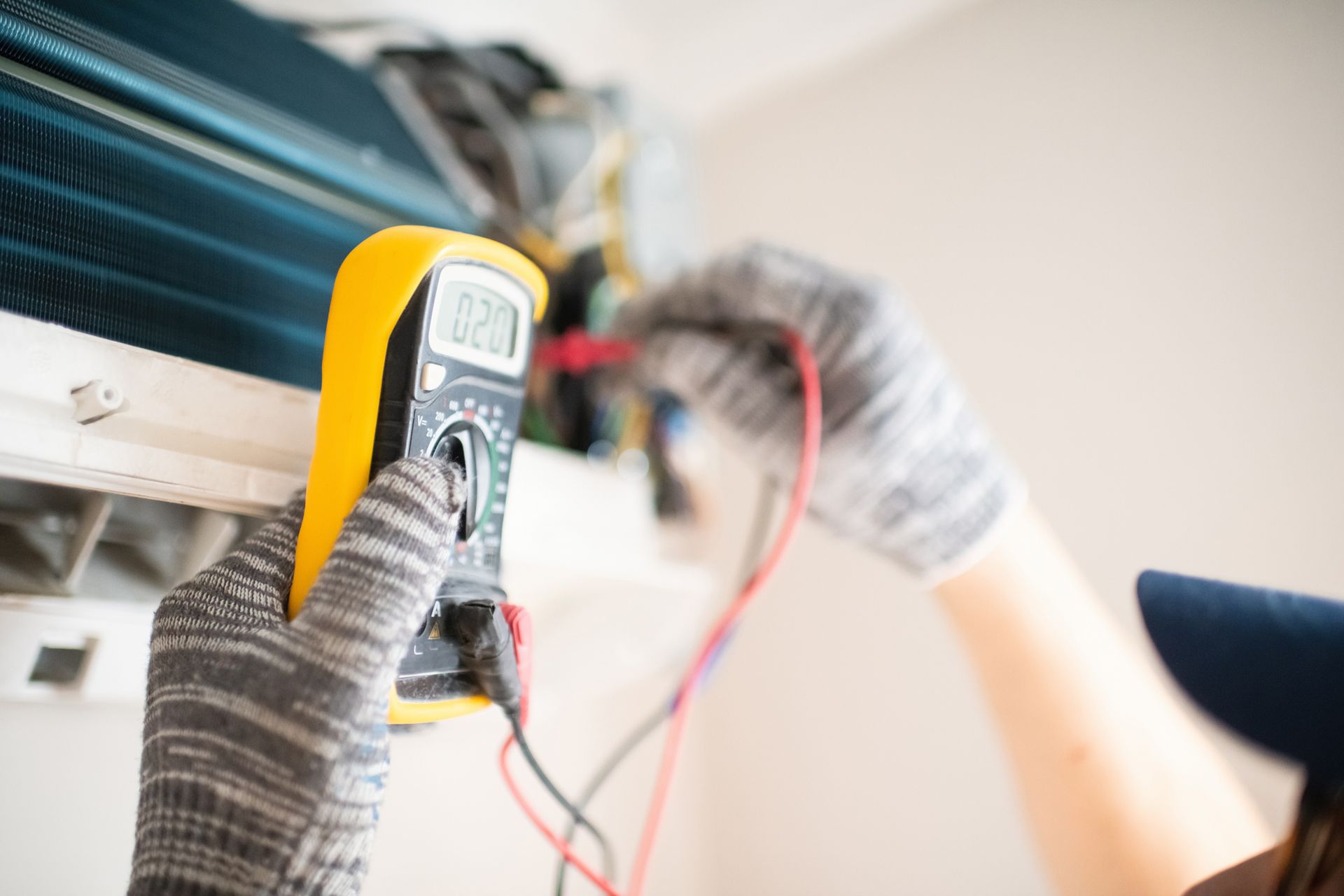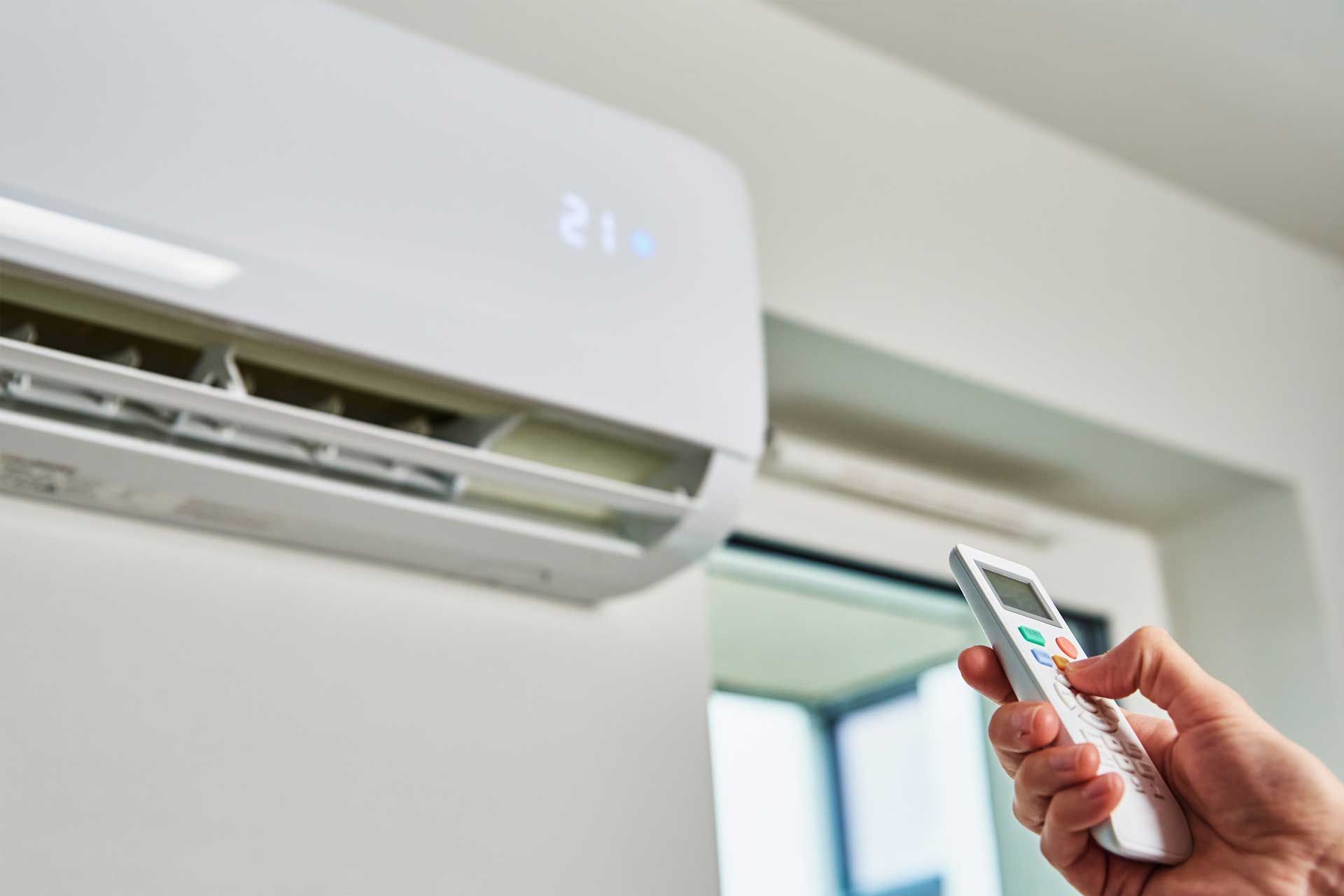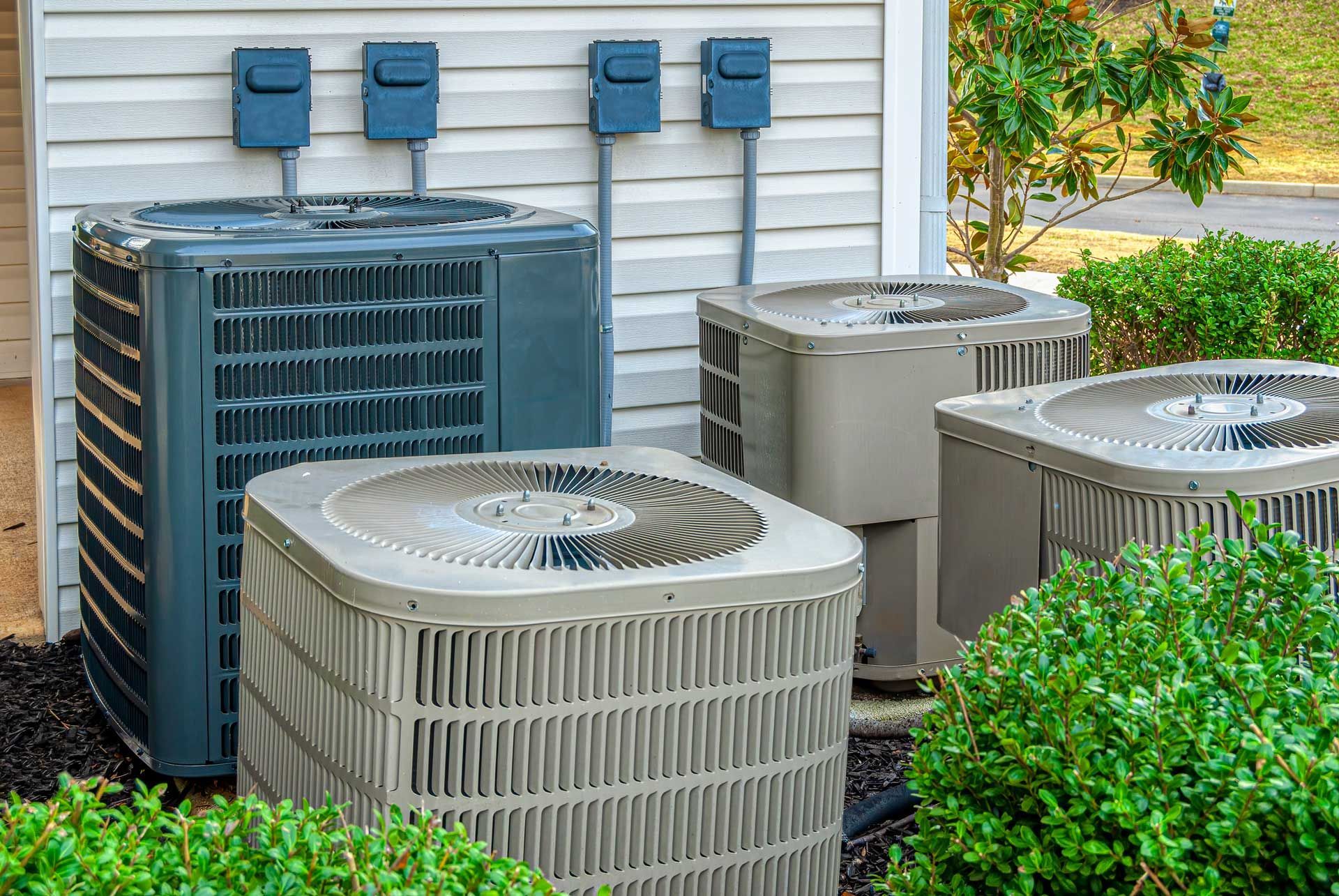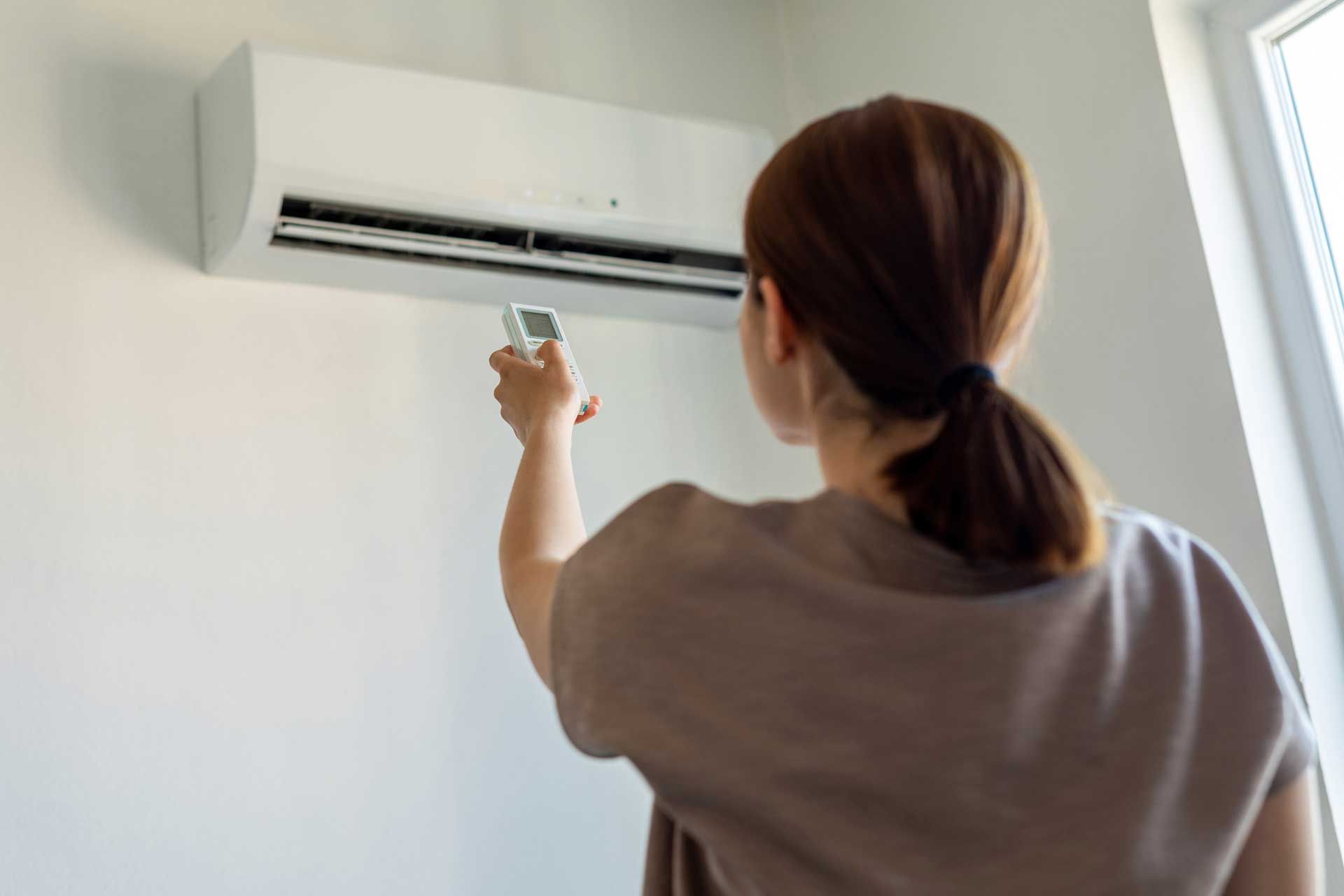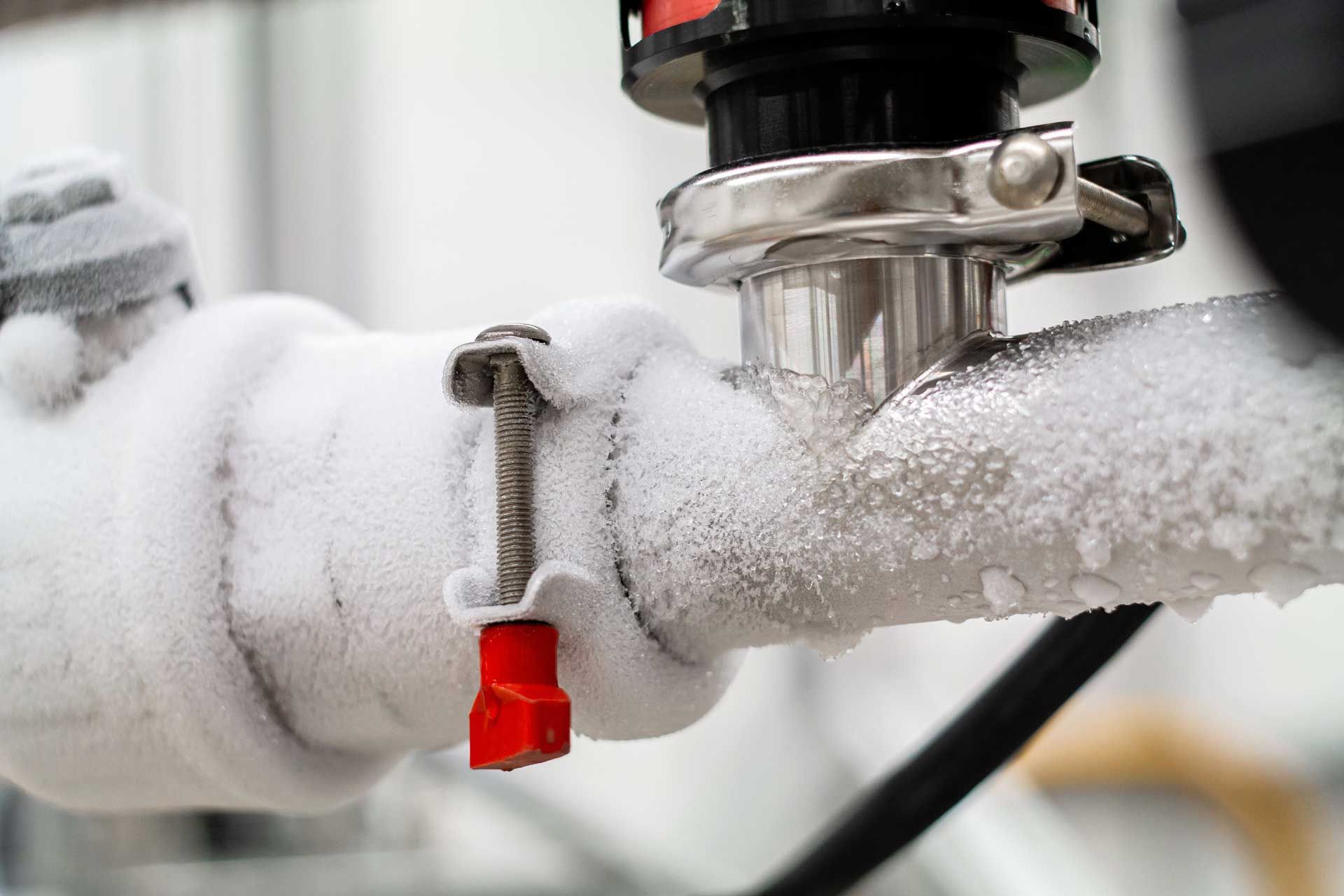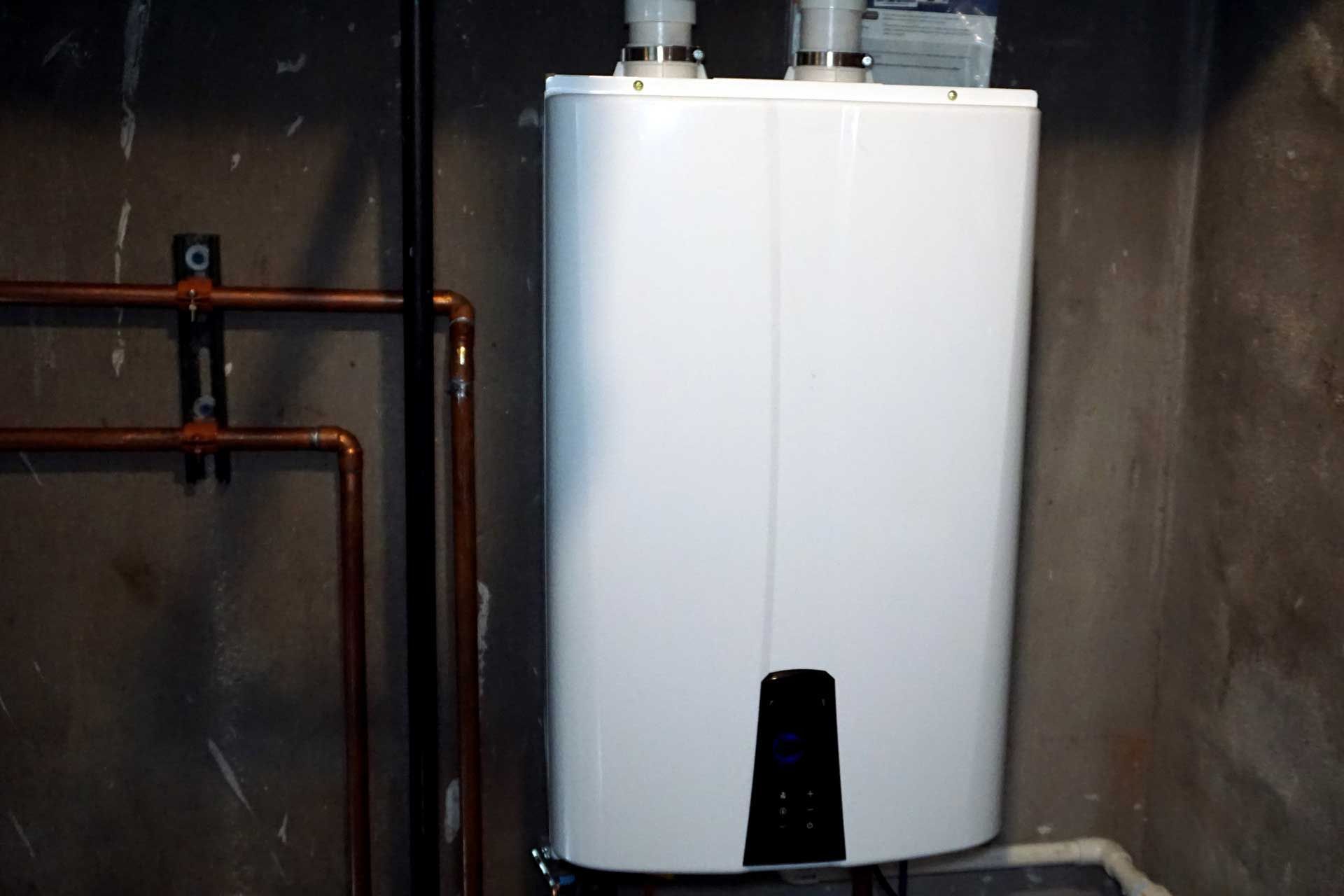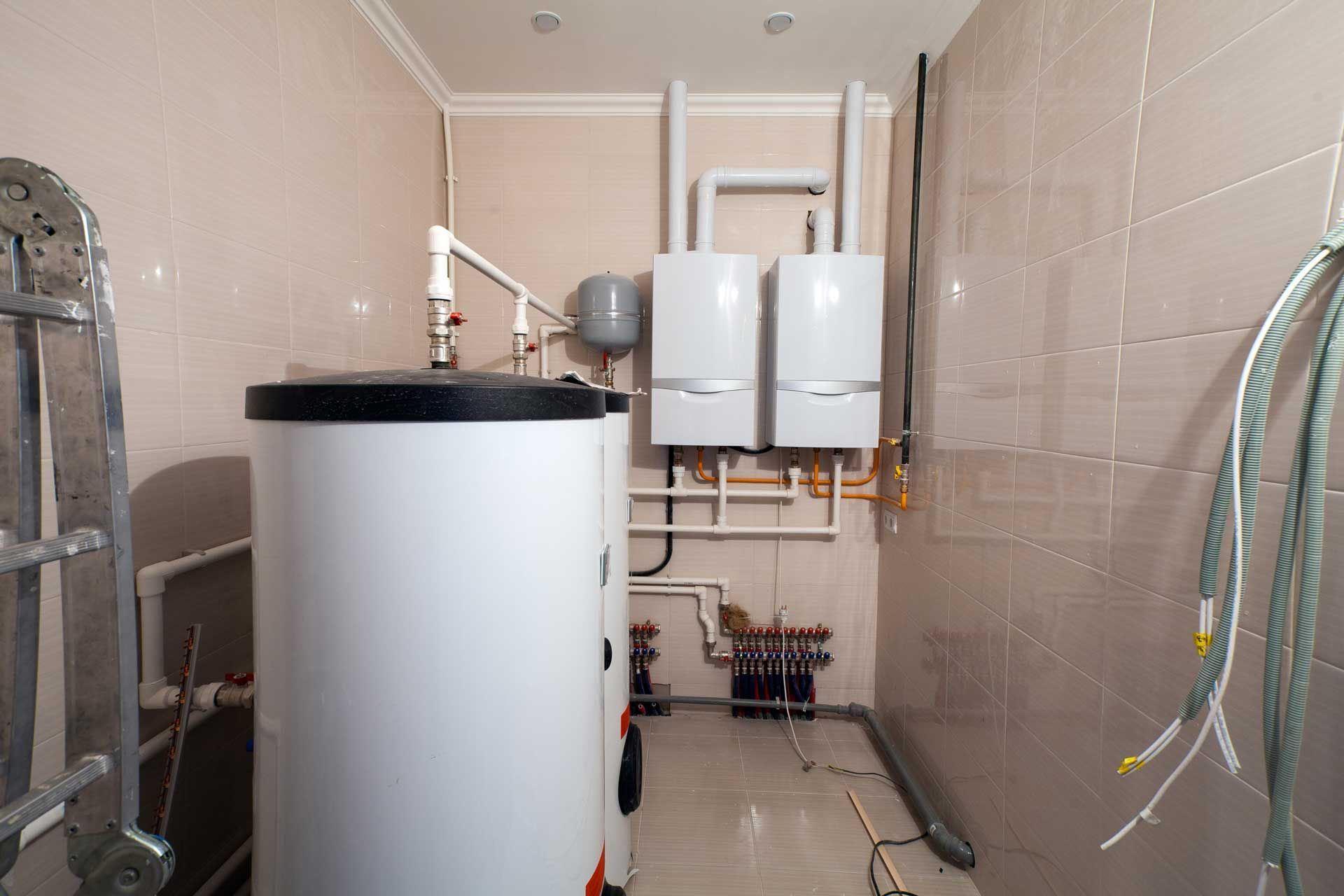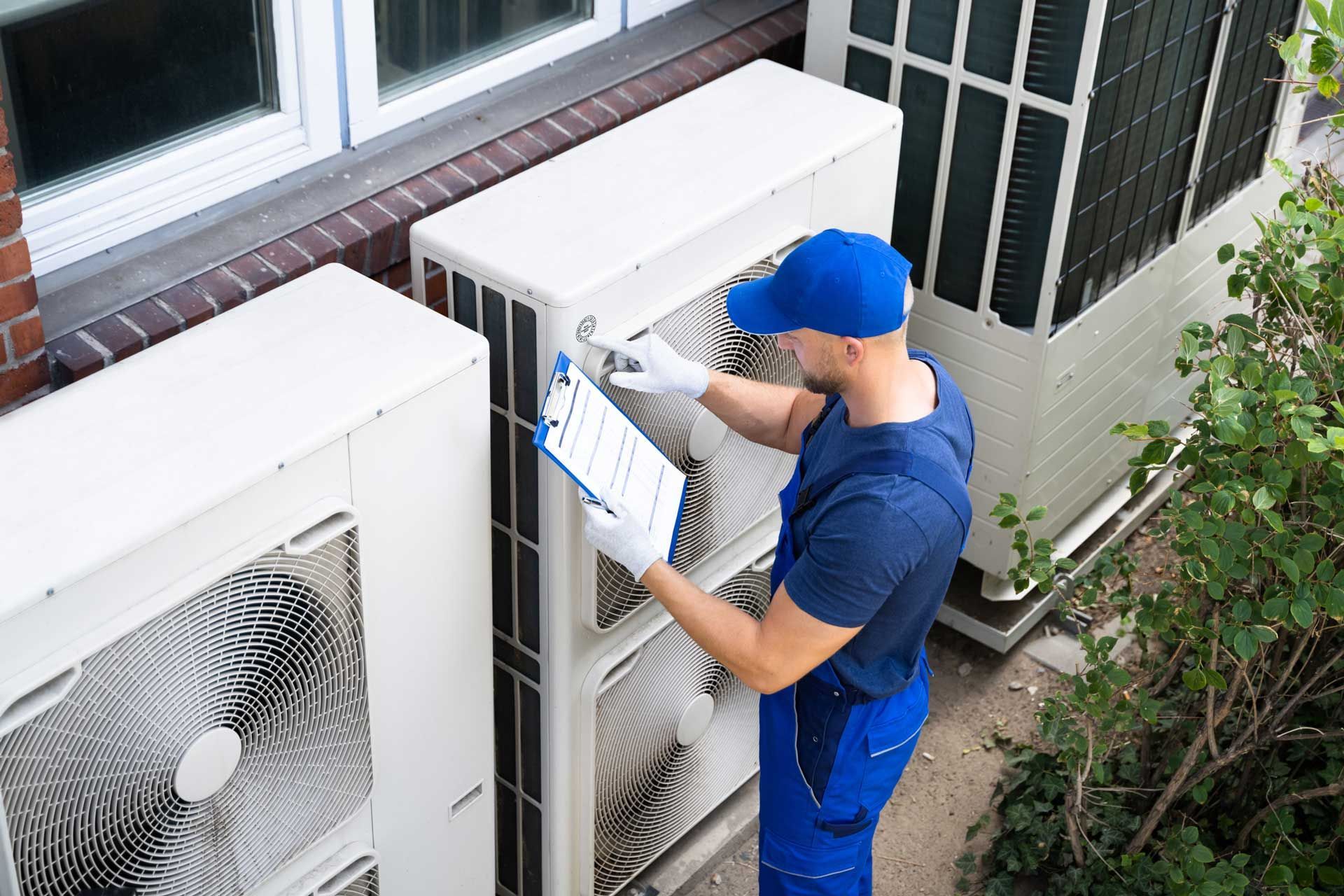3 Substances That Can Clog Indoor Air Filters Fast
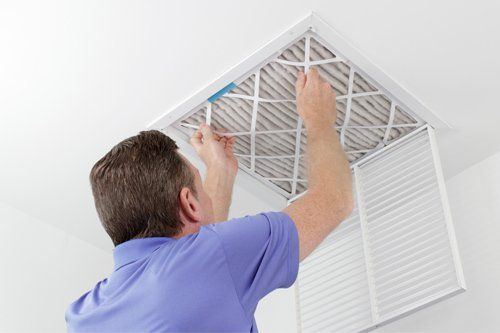
During the summer months, you rely on your HVAC system to keep your indoor air cool and dehumidified. Unfortunately, when indoor air filters clog, your system might run less efficiently, use up to 15% more energy , and be prone to issues like frozen-over evaporator coils - which can completely halt your system. However, by avoiding certain activities indoors, you can help to make your filters last and operate more efficiently. Here are three substances that can clog indoor HVAC filters fast and how to prevent problems.
1. Pet Hair and Dander
Your furry family members may make your house feel like a home, but unfortunately, they may continuously shed hair and dander that gets sucked up by your home's indoor air returns. Pet dander is composed of microscopic skin flakes, and many varieties of pet hair are light enough to float through the air and become trapped by particulate filters. While filters are helpful in preventing these potential allergens from continuing to remain airborne, they can also significantly reduce the lifespan of your air filter, impacting airflow. Over time, you might notice that your air conditioner seems to take longer to cool your home as not as much warm air makes its way through the filter and over those cooling coils. In fact, while most suburban homeowners only to replace their indoor air filters once a quarter, or every three months, homes with even one cat or dog should have filter replacements at least every two months , or as often as the filters fill up with pet hair. In addition to switching out your air filters frequently, consider having your pet professionally groomed on a regular basis to reduce the amount of shedding that takes place in your home. Avoid activities like brushing your dog or cat indoors, as this action can release dander and hair into the air, contributing to clogs.
2. Cooking Grease
Cooking at home is an ideal way to save money and eat nutritiously, but unfortunately, cooking fumes are another big cause of clogged HVAC filters. In fact, indoor air can become as much as five times as polluted as outdoor air because of indoor cooking, making it difficult to keep air filters clean and functional. As you cook, microscopic food and grease particles can become airborne, especially if you don't use a fume hood over your range. When these droplets go into your HVAC system, they can make the surface sticky, which makes filters accumulate other particulates like dust. If you cook at home frequently, be very vigilant about checking and replacing your HVAC filters. Keep extra filters on hand, and consider alternate, outdoor cooking methods to mitigate indoor air pollution. For example, consider grilling outdoors a few times a week or roasting things in your oven instead of deep-fat frying to protect your indoor air quality.
3. Fine Construction Debris
Home updates can also be incredibly hard on indoor air filters, especially if a lot of sanding, woodworking, and painting takes place. Fine sawdust can become airborne as soon as the process begins, and professionals who use high-end paint sprayers can unintentionally clog all of the HVAC filters in your home in seconds as wet paint droplets gravitate towards air returns. If you plan to renovate, protect your HVAC system by turning off your air conditioner and covering air filters and returns. When the project is over, you can uncover these areas after the house has aired out naturally. Because clogged filters can eventually lead to dust and grime buildup on your internal HVAC components, schedule a preventative system inspection at the start of each season, including summer. Contact us today here at Preferred Mechanical Services to get the help you need with your home's heating, air conditioning, and plumbing systems.

